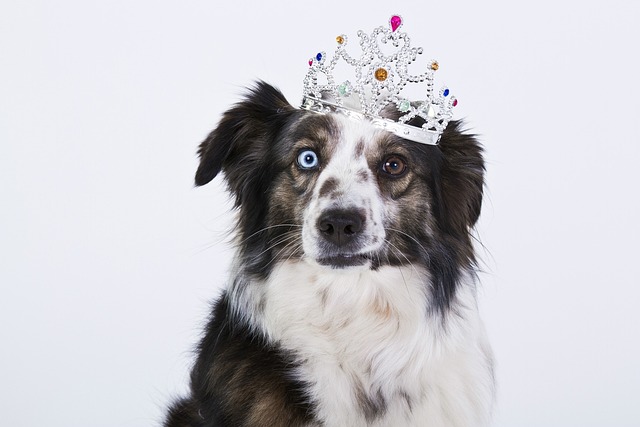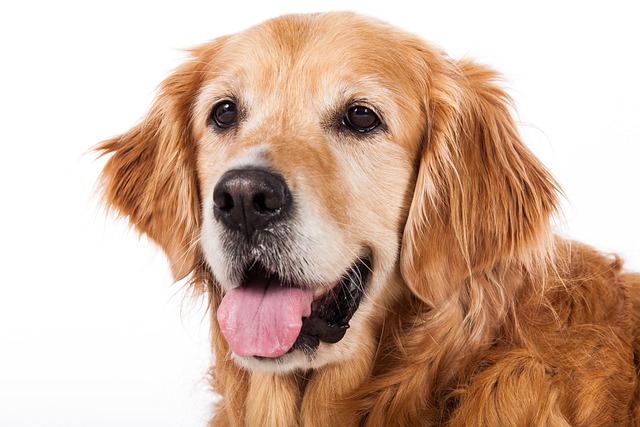
Should I give my dog vitamin supplements
If you’ve ever stood in the pet store aisle, staring at bottles of dog vitamins labeled “immune support” or “shiny coat,” you might’ve wondered if your pup really needs them.
You’re snuggled up on the couch, enjoying a quiet evening, when your dog suddenly starts coughing and sneezing. Just as you’re reaching for a tissue, they vomit, leaving you worried and confused. If your dog is suffering from a cold and vomiting, it’s natural to feel concerned. But knowing what to pay attention to can help you navigate this challenging situation and get your furry friend back to health.
Dogs can catch colds, much like humans, through exposure to viruses in the environment. When a dog has a cold, their immune system is already compromised. The combination of a cold and vomiting can be caused by several factors. The virus itself might irritate the digestive tract, leading to vomiting. Or, your dog could be feeling nauseous due to a lack of appetite and a queasy stomach from the cold. In some cases, secondary bacterial infections that develop as a result of the weakened immune system can also contribute to vomiting. Understanding these causes is the first step in properly caring for your sick dog.
One of the most important things to focus on is hydration. Vomiting can quickly dehydrate your dog, and when they’re already under the weather with a cold, it’s crucial to keep them drinking fluids. Offer small sips of water frequently. You can also try giving them an oral rehydration solution designed for pets, which helps replace lost electrolytes. But be cautious—if your dog refuses to drink or keeps vomiting after drinking, it’s a sign that you need to seek veterinary help immediately.
Another key aspect is monitoring your dog’s food intake. In the initial stages, it’s often a good idea to fast your dog for 12 - 24 hours to give their stomach a chance to rest, especially if the vomiting is frequent. After the fasting period, introduce a bland diet. Boiled chicken (without any seasoning) and plain white rice are excellent choices. Feed small portions at regular intervals and watch closely to see if your dog can keep the food down. If they start vomiting again after eating, stop feeding and contact your vet.

Keep a close eye on your dog’s overall condition. Note symptoms such as the frequency of coughing, the color and consistency of the vomit, and any changes in their energy levels or behavior. This information will be invaluable when you consult your vet. In the US, many pet insurance plans cover the cost of treating common illnesses like colds, so it’s worth checking your policy. Also, remember that keeping your dog’s vaccinations up - to - date, especially the core vaccines required by law in most states, can help prevent more serious illnesses that might present similar symptoms.
If you live in an apartment, it’s important to keep the living environment clean. Vomit and nasal discharge from a cold can spread germs and be a nuisance to neighbors. Clean up promptly using pet - safe disinfectants. When taking your sick dog out for essential bathroom breaks, follow community etiquette. Always clean up after them, just as you would under normal circumstances. Failing to do so can result in fines, as most US cities have strict public cleanliness laws regarding pet waste.
Positive reinforcement can also play a role in your dog’s recovery. When your dog shows signs of improvement, like drinking water on their own or eating a small meal, offer gentle praise and a bit of affection. This positive interaction helps reduce stress and can have a beneficial impact on their overall well - being.
In conclusion, when your dog has a cold and is vomiting, careful monitoring, proper hydration, appropriate feeding, and timely veterinary care are essential. By paying attention to these key points and being a responsible pet owner, you can help your dog overcome their illness and get back to their happy, healthy self.

If you’ve ever stood in the pet store aisle, staring at bottles of dog vitamins labeled “immune support” or “shiny coat,” you might’ve wondered if your pup really needs them.

If you’ve ever thought about swapping your dog’s kibble for something homemade, you might’ve worried: “Will I get the nutrients right?”

If you’ve ever watched your dog tilt their head like they’re confused, or scratch at their ear until they whimper, you might be seeing signs of an ear infection.

Golden Retrievers, with their lush coats and playful spirits, often steal hearts in parks and homes alike. But that same thick fur that makes them so cuddly can sometimes be a double-edged sword when it comes to skin health.

If you’ve ever left a friend’s house with a dog and spent the next hour sneezing, your eyes red and watery, you’ve probably wondered when the discomfort will end.

If you’ve ever watched your dog scratch until their skin turns red, or noticed them licking their paws raw after a walk, you’ve probably wondered what’s causing their discomfort.